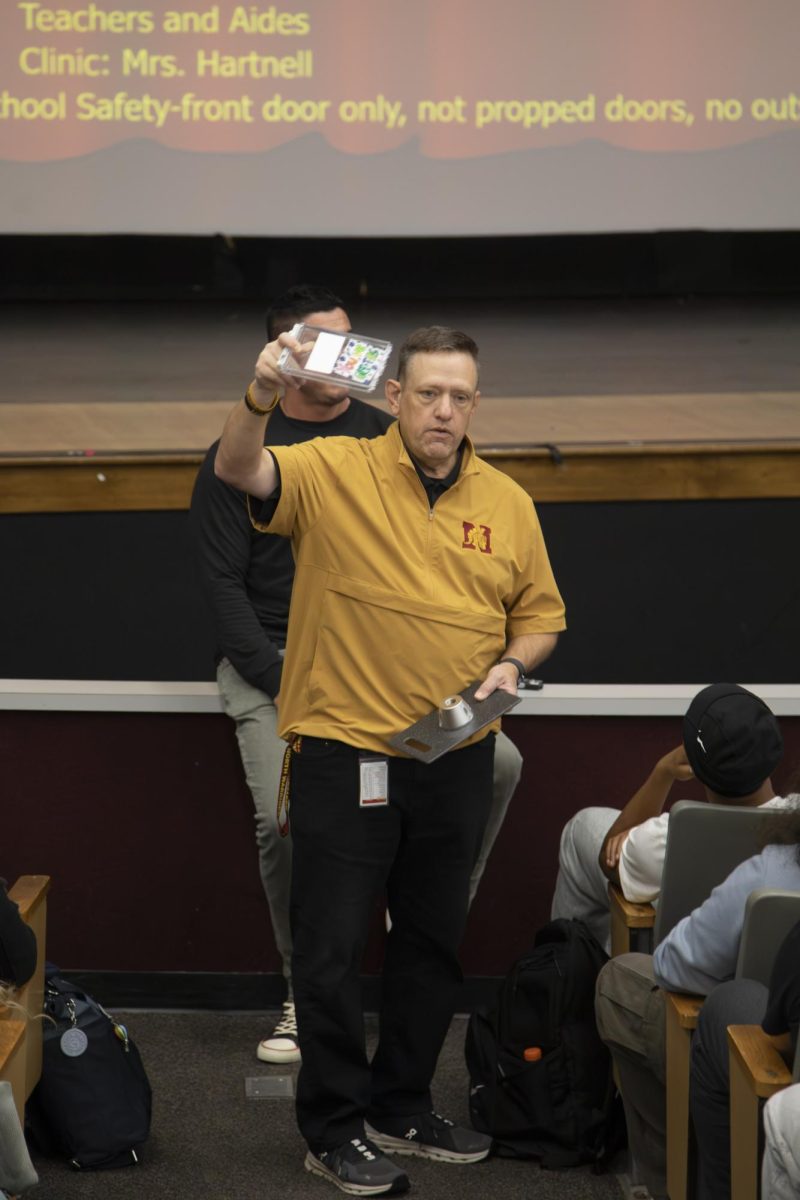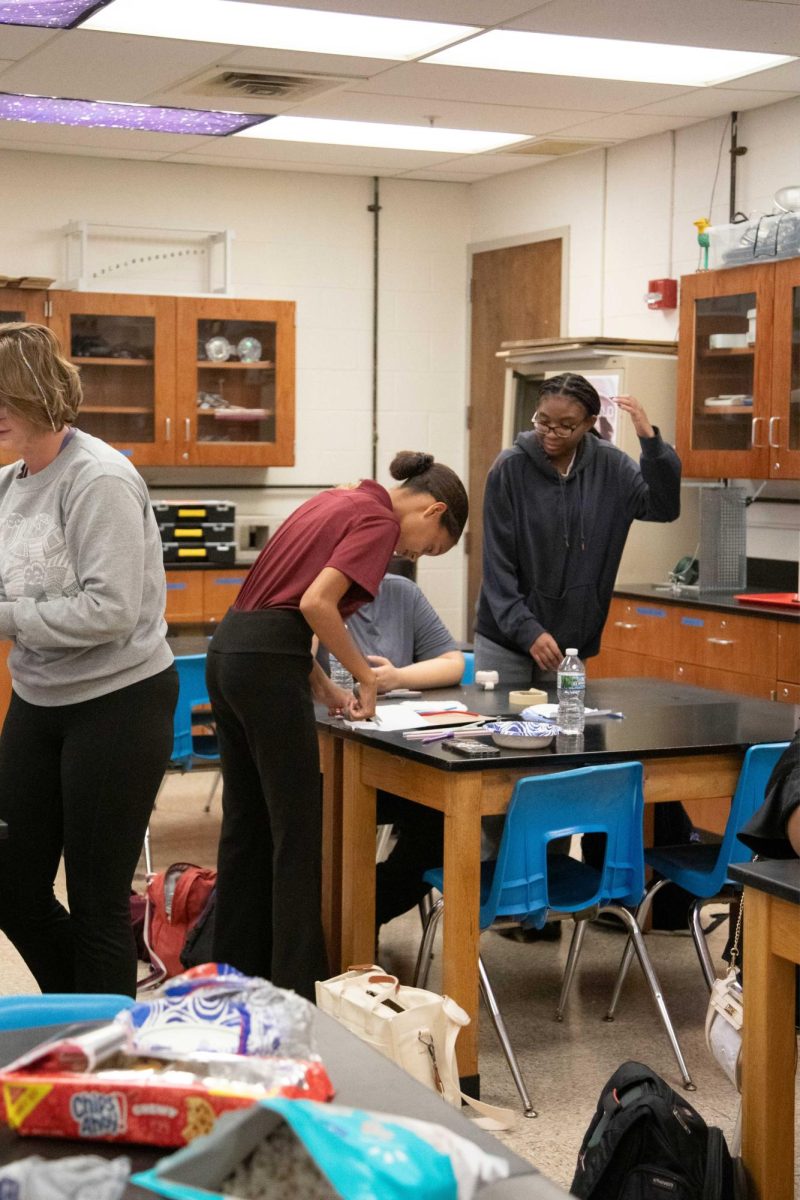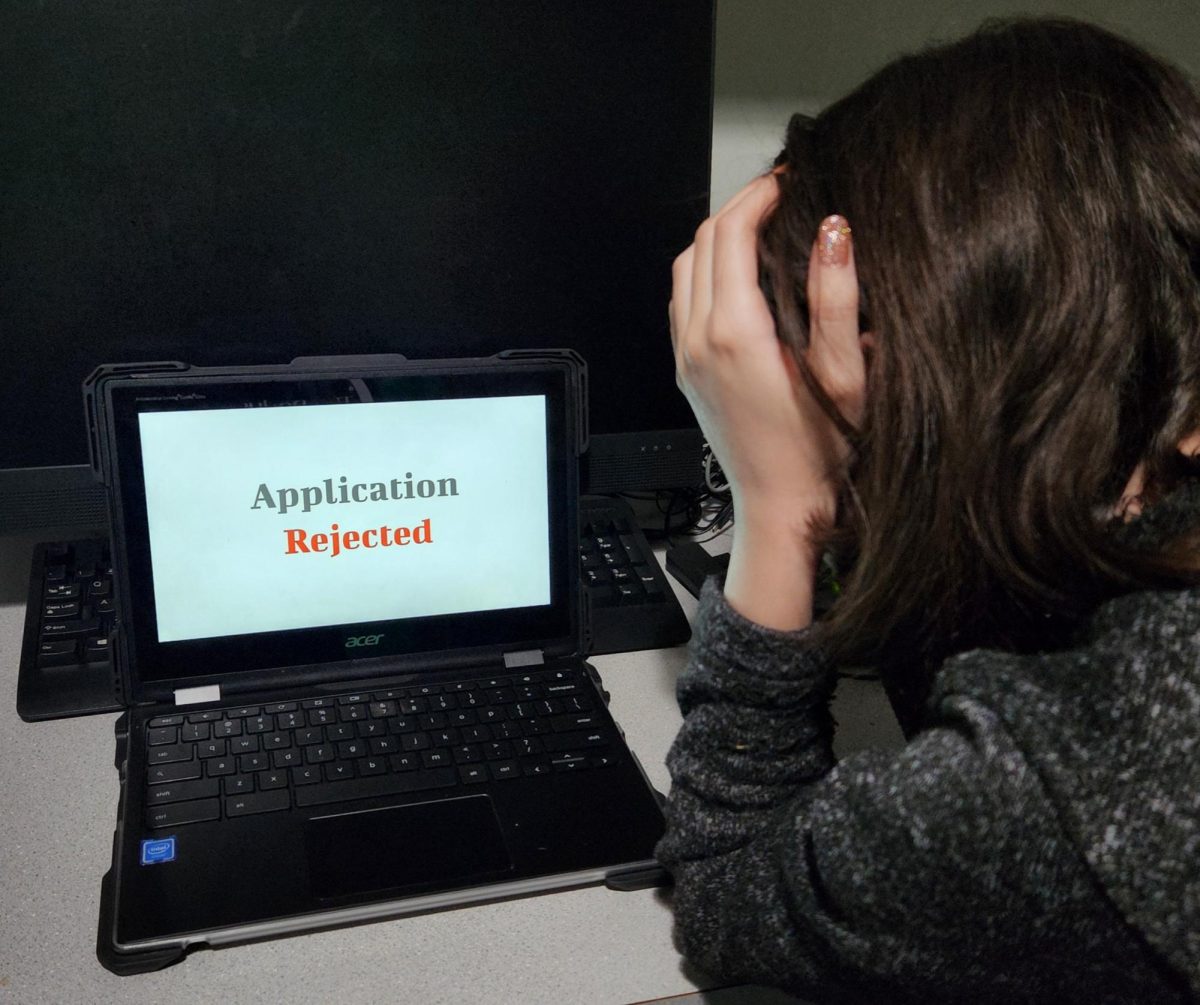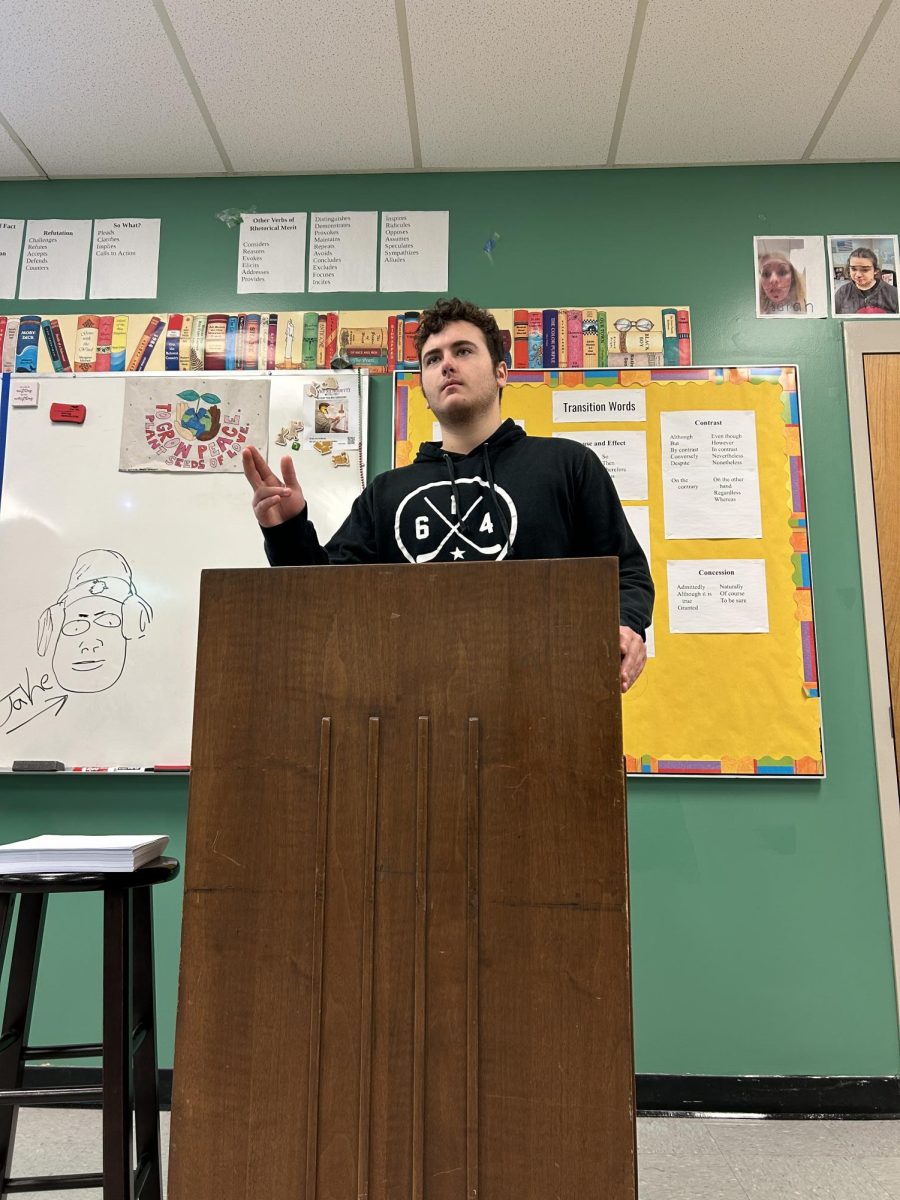On the night of Jan. 25, 2024, Kenneth Smith was executed via nitrogen gas hypoxia. Smith was convicted of the murder of Elizabeth Sennett in 1988 and sentenced to death, however, in 2022 Smith survived an attempted execution by lethal injection, prompting the Alabama Department of Corrections to reissue Smith’s death warrant, this time via nitrogen hypoxia.
This execution is so notable due to this being the first recorded instance of nitrogen hypoxia as an execution method within the United States. While in theory, this execution method is painless and significantly simpler, typically resulting in no pain and unconsciousness after only a few breaths, public concern remains high despite these recorded benefits.
As Smith’s execution took place, some witnesses reported that Smith looked conscious and others even stated that he appeared to thrash around on the gurney. John Q. Hamm, the Commissioner of Corrections in Alabama, stated that the convulsions were involuntary movements and that Smith attempted to hold his breath, resulting in an adverse response. Despite the public outcry, the United States Supreme Court declined to take action against Alabama’s use of nitrogen gas in a 6-3 decision, with Justices Sonia Sotomayor, Elena Kagan and Ketanji Brown Jackson dissenting.
Due to these accounts and the infancy of the method, the public is far from pleased with this new method of execution, with several groups, including the United Nations condemning the execution. Ashton Lehman (2025), a student at Westerville North voiced their perspective on the situation. “There’s something so [in]humane about doing [an execution] in what is supposedly such a humane way,” Lehman said. “This method of execution is unfortunately [preferable], but I don’t advocate for it.”
Capital punishment is already a contentious topic within the United States which clearly serves to bolster the public outrage further. As it stands, Alabama will continue to employ nitrogen gas hypoxia as an execution method, alongside Oklahoma and Mississippi.




























